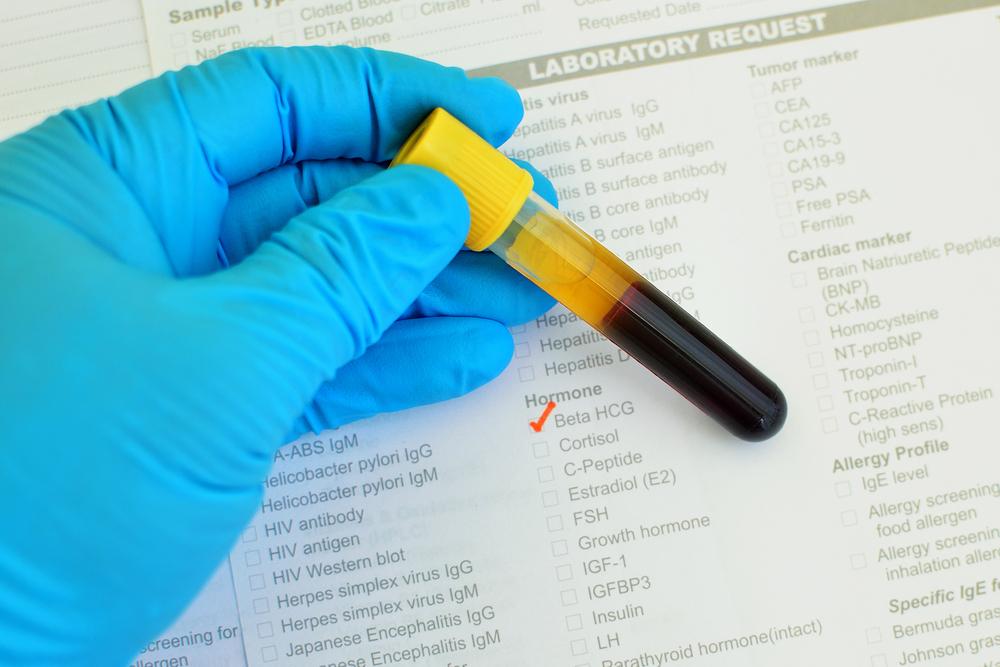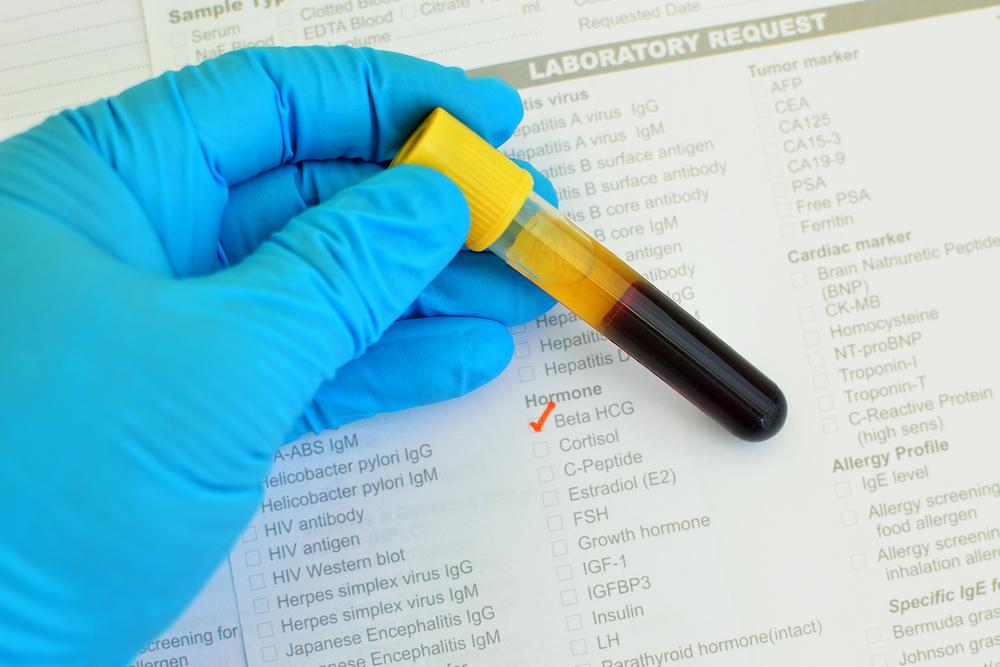Main Types of Immunotherapy for Cancer Treatment
Explore the key types of immunotherapy used in cancer treatment, including oncolytic virus therapy, monoclonal antibodies, vaccines, non-specific approaches, and T-cell therapy. These innovative methods bolster the immune response to target and destroy cancer cells, offering new hope for patients. Understanding these treatments can help patients and caregivers make informed decisions about cancer management options.
Sponsored

Immunotherapy, also called biologic therapy, uses laboratory-engineered or naturally occurring substances to enhance the immune system's ability to fight cancer. Its goal is to strengthen the body's defenses, prevent cancer from spreading, and inhibit tumor growth. Different types of immunotherapy target cancer in various ways, offering personalized treatment options.
Oncolytic Virus Therapy
This approach employs genetically modified viruses injected into tumors to directly destroy cancer cells. The therapy also stimulates the immune system to better recognize and attack cancerous tissues without harming healthy cells.
Monoclonal Antibodies
Man-made antibodies target specific cancer proteins, helping the immune system identify and eliminate cancer cells. They also block signals that promote cancer growth.
Cancer Vaccines
Vaccines stimulate the immune response by introducing antigens, encouraging the body to combat cancer. They are used for both treatment and prevention of certain cancers.
Non-specific Immunotherapies
This group includes interferons and interleukins. Interferons are often used across various cancers, while interleukins are especially helpful for kidney and melanoma skin cancers. These therapies are frequently combined with chemotherapy or radiation.
T-cell Therapy
Also known as CAR-T therapy, this method utilizes the patient’s own immune cells. T-cells are extracted, modified with cancer-fighting receptors, multiplied, and reintroduced to hunt down and eliminate cancer cells effectively.






